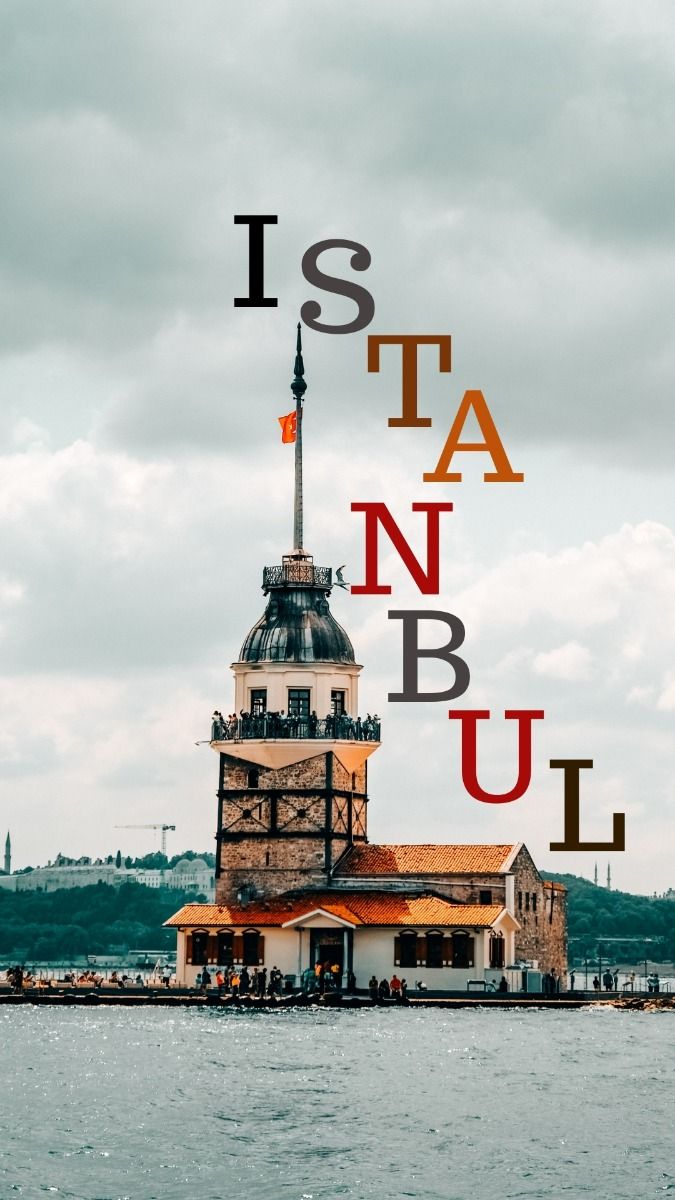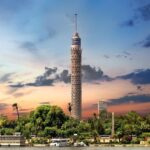Istanbul, Turkey: 7 Fascinating Facts About This Timeless City
Istanbul, a city straddling two continents, is a blend of ancient history, rich culture, and vibrant modernity. Situated at the crossroads of Europe and Asia, Istanbul offers a fascinating mix of East and West, where the past and the present coexist harmoniously. With its deep cultural significance, historical landmarks, and a lively atmosphere, Istanbul has become one of the most visited cities in the world. In this article, we will explore the biography, daily life, impacts, and significance of Istanbul, while uncovering why it plays such an important role in the world today.
A Brief History of Istanbul
Istanbul’s history stretches back over 2,500 years, making it one of the oldest cities in the world. Originally founded as Byzantium around 660 BCE, the city was later renamed Constantinople in honor of Emperor Constantine the Great, who made it the capital of the Roman Empire in 330 CE. Constantinople flourished as a major center of trade, culture, and Christianity.
In 1453, the city was conquered by the Ottoman Empire, led by Sultan Mehmed II, and became the capital of the Ottoman Empire. It was during this period that the city reached its architectural and cultural peak, with the construction of iconic structures such as the Hagia Sophia, Topkapi Palace, and the Blue Mosque.
In 1923, following the establishment of the Republic of Turkey, the capital was moved to Ankara, but Istanbul remained the cultural and economic heart of the country. Today, Istanbul continues to be a bustling metropolis, rich in history and offering a glimpse into the many civilizations that have shaped it over the centuries.
Daily Life in Istanbul
Life in Istanbul is an exhilarating mix of modernity and tradition. The city’s streets are always alive with activity, from the bustling bazaars to the quiet cafes by the Bosphorus. With a population of over 15 million people, Istanbul is one of the largest cities in the world and offers a dynamic urban lifestyle.
Locals, known as Istanbullus, are known for their warmth and hospitality, making visitors feel at home in this vibrant city. The traditional Turkish tea (çay) culture is a central part of daily life, with people gathering in cafes or tea houses to socialize and enjoy a hot cup of tea. Street vendors selling simit (Turkish sesame bagels) or roasted chestnuts add to the city’s energetic vibe, as people go about their daily routines.
The transportation system in Istanbul is one of the most complex in the world, with ferries crossing the Bosphorus, a network of buses, and a subway system that connects both the European and Asian sides of the city. This interconnectedness allows Istanbul’s residents to seamlessly navigate between the two continents, reinforcing the city’s role as a bridge between East and West.
Istanbul’s daily life also revolves around its famous markets and bazaars. The Grand Bazaar, one of the largest and oldest covered markets in the world, is a must-visit for anyone coming to the city. It offers an array of goods, including textiles, jewelry, spices, and ceramics, all sold in a maze of narrow streets. The Spice Bazaar, also known as the Egyptian Bazaar, is another famous market where the scents of exotic spices, herbs, and dried fruits fill the air.
The Significance
It is significance goes beyond its role as Turkey’s cultural and economic capital. The city has long been a center of trade, diplomacy, and religious exchange, due to its unique location at the crossroads of Europe and Asia. Throughout its history, Istanbul has been a melting pot of different cultures, religions, and civilizations, making it one of the most culturally diverse cities in the world.
Cultural Significance: It is home to an incredible array of cultural and historical landmarks. The Hagia Sophia, originally a Byzantine cathedral, then a mosque, and now a museum, is perhaps the city’s most famous landmark. Its magnificent architecture and rich history reflect the city’s long-standing role as a center of religious and cultural exchange. The Blue Mosque, Topkapi Palace, and Basilica Cistern are just a few of the other incredible sites that attract millions of visitors each year.
Religious Significance: It has always been a center of religious importance. The city has served as the capital of both the Eastern Orthodox Christian Church and the Ottoman Empire’s Islamic Caliphate. Today, the city continues to be home to both mosques and churches, reflecting its religious diversity. The Hagia Sophia, which has served as both a Christian church and a mosque, is a perfect example of this blending of religious traditions.
Economic Significance: It is Turkey’s economic powerhouse, accounting for a large portion of the country’s GDP. It is the center of finance, commerce, and industry, with a thriving business community. The city is also a major port, which facilitates trade between Europe, Asia, and the Middle East. The Bosphorus Strait, which connects the Black Sea to the Sea of Marmara, is one of the world’s busiest waterways, further enhancing the city’s global significance.
Fun Facts
- Two Continents: It is the only city in the world that spans two continents, Europe and Asia, separated by the Bosphorus Strait.
- A City of Mosques: It is home to over 3,000 mosques, with the Blue Mosque and Hagia Sophia being two of the most famous.
- The Bosphorus Bridge: The Bosphorus Bridge, which connects the European and Asian sides of Istanbul, is one of the most iconic landmarks in the city and a symbol of the city’s unique geographical position.
- Rich Cuisine: It is a paradise for food lovers, offering a wide variety of Turkish dishes such as kebabs, baklava, and mezze. Street food like döner and kumpir (baked potatoes filled with various toppings) are popular among locals and tourists alike.
- A City of Palaces: It was once home to several palaces, most notably the Topkapi Palace, which served as the residence of Ottoman sultans for over 400 years.
FAQs
Q: When is the best time to visit?
A: The best time to visit Istanbul is in the spring (April to June) or fall (September to November), when the weather is mild and the tourist crowds are smaller.
Q: Is it safe to visit?
A: Yes, Istanbul is generally considered a safe city for tourists. However, as with any major city, it’s important to take the usual precautions, such as avoiding unlit areas at night and being aware of your belongings in crowded places.
Q: What should I wear when visiting?
A: Istanbul has a diverse climate, so it’s important to dress appropriately for the weather. When visiting religious sites like mosques, visitors are expected to dress modestly, covering their shoulders and knees.
Conclusion: Lasting Impact on Society
It is importance to society, both culturally and economically, cannot be overstated. As a city that has witnessed the rise and fall of empires, hosted numerous cultures and religions, and served as a bridge between continents, Istanbul remains a symbol of resilience, diversity, and unity. Its vibrant daily life, historical significance, and unique position on the world stage continue to captivate visitors from around the globe.
Wishing You an Unforgettable Experience: Whether you’re exploring its grand historical sites, enjoying its delicious cuisine, or simply soaking in the atmosphere, Istanbul is a city that will leave a lasting impression on your heart.










